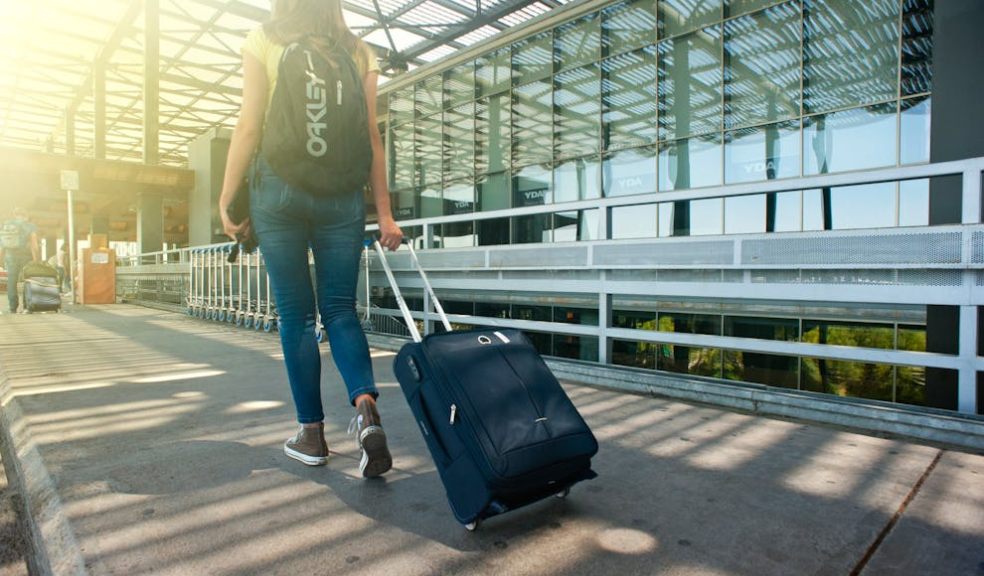
Concept, Advantages, and Disadvantages of Calling a Taxi to the Airport
Calling a taxi to the airport is a convenient and popular choice for many travelers, offering both advantages and disadvantages. Let's delve into this concept to understand its intricacies.
Calling a taxi to the airport involves booking a taxi service to transport passengers from their current location to the airport terminal. This service is widely used by travelers worldwide due to its convenience and reliability. Travelers can easily book a taxi through various mobile apps, websites, or by directly contacting taxi companies. A popular service is Gatwick Airport Cabs.
Benefits of calling a taxi
-
Convenience. One of the primary advantages of calling a taxi to the airport is convenience. Travelers can book a taxi at their preferred time and location, eliminating the need to wait for public transportation or rely on friends or family for a ride.
-
Door-to-Door Service. Taxis provide door-to-door service, meaning they pick up passengers from their current location and drop them off directly at the airport terminal entrance, saving time and effort.
-
24/7 Availability. Taxi services operate round the clock, ensuring availability at any time of the day or night. This flexibility is especially beneficial for travelers with early morning or late-night flights.
-
Luggage Accommodation. Taxis typically have ample space to accommodate luggage, offering a hassle-free experience for travelers with baggage.
-
Professional Drivers. Taxi drivers are trained professionals who have knowledge of the local area and the best routes to the airport, ensuring a smooth and efficient journey.
-
Privacy and Comfort. Taxis provide a private and comfortable travel environment, allowing passengers to relax and prepare for their journey without distractions.
The main disadvantages
-
Cost. One of the main disadvantages of calling a taxi to the airport is the cost. Taxi fares can vary depending on factors such as distance, time of day, and demand, potentially making them more expensive than alternative transportation options.
-
Traffic Congestion. Traveling to the airport during peak hours or in busy urban areas can result in traffic congestion, leading to longer travel times and possible delays.
-
Availability Issues. While taxis generally offer 24/7 availability, there may be instances where demand exceeds supply, especially during peak travel times or in remote areas, leading to longer wait times or difficulty in securing a taxi.
-
Reliability Concerns. While most taxi services strive for reliability, there is always a risk of encountering unreliable drivers or experiencing issues such as vehicle breakdowns, which can disrupt travel plans.
-
Limited Space. Despite offering luggage accommodation, some taxi vehicles may have limited space, especially for larger groups or travelers with bulky luggage, potentially leading to discomfort during the journey.
Calling a taxi to the airport provides travelers with a convenient and efficient transportation option, offering door-to-door service, professional drivers, and privacy. However, it's essential to consider factors such as cost, traffic conditions, and availability when opting for this mode of transportation. By weighing the advantages and disadvantages, travelers can make an informed decision that best suits their needs and preferences.
Relevance of taxi services
Taxi services remain highly relevant in today's transportation landscape, offering numerous advantages and meeting various needs for travelers and commuters. Let's explore the continued relevance of taxi services:
Taxi services are readily accessible in urban, suburban, and rural areas, providing transportation options where public transportation may be limited or unavailable. This accessibility ensures that individuals can reach their destinations conveniently, regardless of their location. Taxi services offer on-demand transportation, allowing passengers to request a ride with minimal advance notice. This convenience is particularly beneficial for those with unpredictable schedules, last-minute travel plans, or urgent transportation needs.
Taxi services operate 24/7, providing round-the-clock transportation options for passengers. Whether it's an early morning flight, a late-night arrival, or emergency travel requirements, taxis offer flexibility in meeting passengers' transportation needs at any time of day or night.
Taxis provide door-to-door transportation, picking up passengers from their location and dropping them off directly at their destination. This door-to-door service eliminates the need for passengers to walk to bus stops or train stations, enhancing convenience and comfort, especially for those with luggage or mobility challenges.
Many taxi companies offer specialized services to cater to specific passenger needs. These may include wheelchair-accessible vehicles, child car seats, pet-friendly rides, and luxury vehicle options. Such customized services ensure that taxis can accommodate a diverse range of passengers and travel requirements.
Taxi drivers possess in-depth knowledge of local roads, traffic patterns, and navigation, allowing them to efficiently navigate to destinations using the most optimal routes. This local expertise helps minimize travel times and ensures a smooth and hassle-free journey for passengers.
Established taxi services prioritize passenger safety and security by implementing rigorous driver screening processes, vehicle inspections, and adherence to safety regulations. Passengers can feel confident knowing that they are traveling with licensed and experienced drivers in well-maintained vehicles.
Taxi services complement existing public transportation networks by providing first-mile and last-mile connectivity to transit hubs. This integration enhances overall transportation accessibility and convenience for passengers, especially in areas with limited public transit coverage.
In summary, the relevance of taxi services persists due to their accessibility, convenience, flexibility, door-to-door service, customized offerings, local knowledge, safety measures, and role in complementing public transportation. As a vital component of the transportation ecosystem, taxis continue to play a crucial role in meeting the diverse mobility needs of passengers worldwide.














